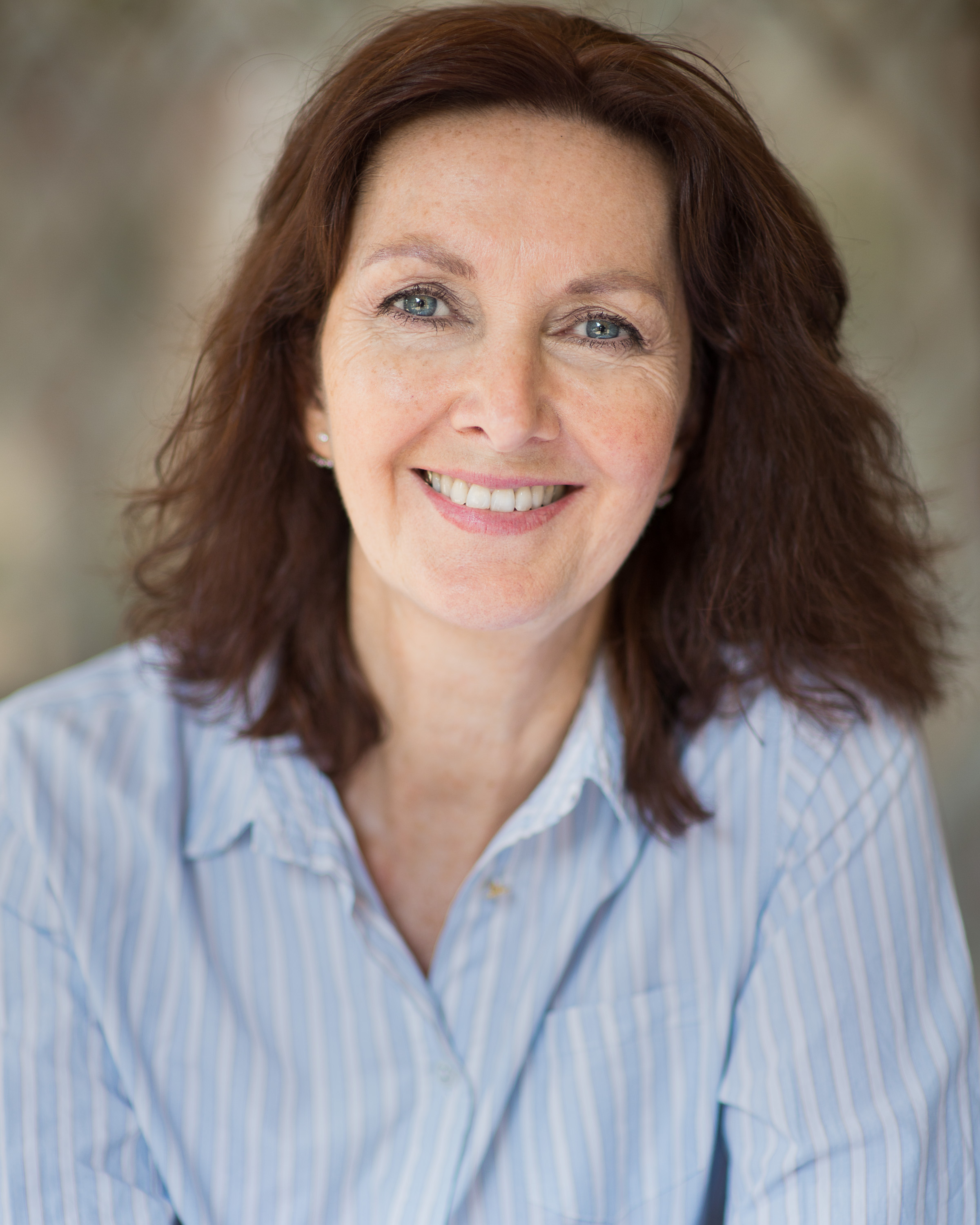With September here and the nights getting longer, some of us are truly affected. Understanding that this is just our inner mammal getting ready for hibernation can go along way to turning around what is for some an extremely debilitating feeling. It's a fact that with summer behind us and autumn on the way GPs start to get themselves ready for the increase in seasonal blues at their surgery. Correspondingly, managers and HR departments receive an increase in sick notes with the nebulous 'low mood' listed as the reason for absence. In medical literature this is known as SAD - Seasonal Affective Disorder. Symptoms of what is medically classified as a mild to moderate depression do include feeling sad but also can include a general lowered mood, anxiety, lethargy, social withdrawal, decreased libido, increased appetite and at its darkest, literally and figuratively, hopelessness.
There's a widespread misunderstanding that simply clinically observing a sequence of patterns is sufficient enough to conclude there is "something wrong with us". Then with our feelings named into a disorder, we oftentimes take ourselves off to the GP, who - due to time, resources, process never mind a lack of psychological and dietary training - often resort to medication. Increasingly for talk therapists we see people prescribed antidepressants who don't realise that once you get on that train, there's no easy way to step off. Antidepressants themselves are definitely not seasonal!
When we understand that our seasonal reaction is normal our anxiety can dissipate. This in turn can open the door to us using this time for, not just our mental and physical improvement but also our productivity. Knowing these patterns are actually quite normal and may not need medicating, but just self-awareness and informed understanding can really help. It's important before we all press through that shinny foil for perceived winter happiness that we consider a number of aspects.
First and in its basic form, we need to both deal with and accept that summers end and that can feel pretty grim in itself. It's OK to feel this, but better to understand the feeling and give it a more appropriate name. Recharge could be one. Taking a more business perspective it could be considered a good time to capitalise, yes, put our heads down but instead to be more productive.
Building on this is the inescapable fact that we are actually still mammals maybe if a squirrel doesn't fit your style, what about a bear! This decrease in our upbeat flip-flop feeling is evolutionarily appropriate. In the not-so-distant past, winter was a time that food was scarce, the days shorter and colder, so a little extra cosy in the cave feeling, was appropriate. Electric lights and falsely longer days have had a deleterious effect on us. Our body's evolution took millions of years, relatively new inventions do not mean we have fully physiologically adapted. Hence our body influencing our feelings.
Obviously there are people with SAD that are actually much more than just sad and who are deeply affected. First thing to check - and is normally not part of a doctor's remit - is our vitamin D. This is especially relevant to people of colour where Vitamin D insufficiency is more prevalent due to the differing melanin absorption. That said, all of us need this this sunlight boost so as to metabolise effectively and for our cells to function. Light, it is said by many, is as important as food! This brings us to diet.
In the summer, we're not just outside more but we're also eating in a different manner. Diet must be considered but again is not part of a doctor's main training. Let's just say, takeaway pizza with a side of doughnuts washed down with a coke are not really going to help with your mood. Our nutritional considerations are closely followed by the big one - exercise. Our body, including our organs, was not designed to be placed quite so much on the softest purchase from Sofaland or propped up in the latest ergonomic chair. It's all still sitting! We need to get up more. Thankfully, unlike in the US, British and European doctors 'prescribe' exercise as a first-line treatment for depression. So get out there! Even squirrels leave their tree in winter. Apart from the benefits of movement in itself, exercise positively impacts dopamine and serotonin. The very same chemicals that antidepressants aim to manage. There are innumerable studies that detail regular aerobic exercise is as effective as antidepressants in reducing symptoms of mild to moderate depression. Unfortunately traditional psychiatry lags far behind psychotherapists and health coaches in terms of treatment considerations, often preferring medication prior to talking. Not a way forward in my opinion.
Talk therapy is by far the most beneficial route for seasonal blues and may need a minimal of visits to reframe 'low mood'. Further, if coupled with any of the above insights correctly applied, it can make a world of long-lasting difference. Alas, popping a pill and watching Netflix, seems so much more inviting to many. We must realise that the impact of taking antidepressants along with staying indoors even more, is simply not a way forward for our health and longevity. There's so much you can do before medicating away the winter. We are programmed to have SAD - so let's start calling it out for what it is as opposed to a named cluster of symptoms. What about squirrelling? Maybe not - but let's at least talk about it and learn. There's nothing wrong with having season blues. It is very well treated with talk therapy and can be the key to living an incredible winter, as opposed to one that disempowers.
Fiona Austin is a verified welldoing.org therapist in London

